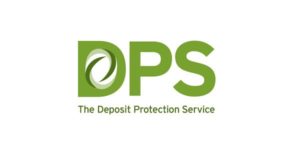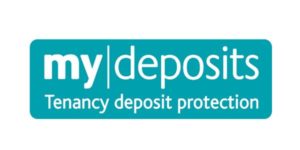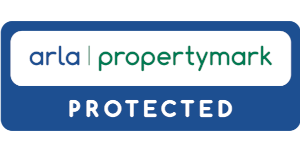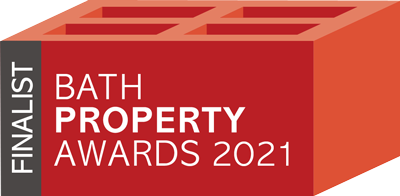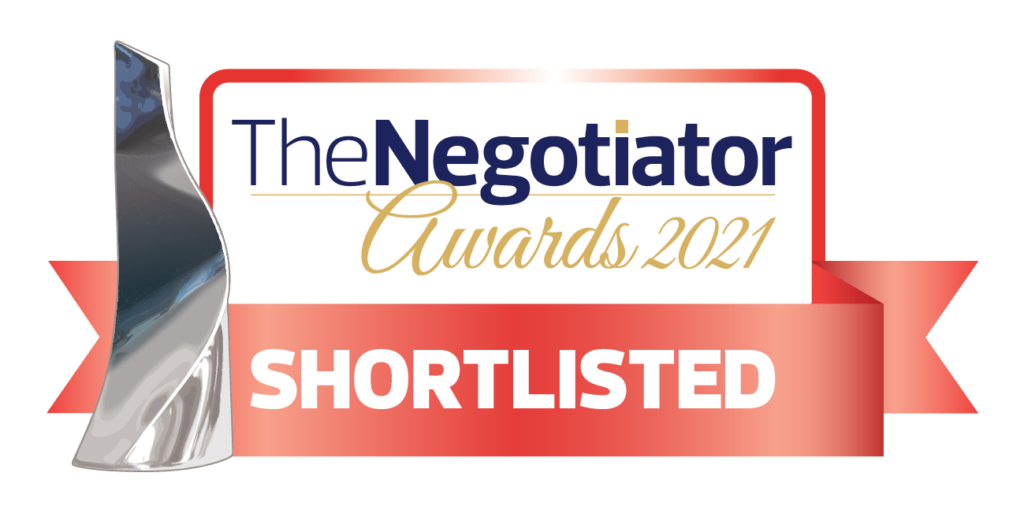Let’s start by saying being a landlord isn’t easy. Yes it has it’s positives but there are also some fairly large pitfalls you can fall into. If you are looking for a medium to long term investment, you should definitely consider buying a rental property.
So, if you are considering investing in property, you should first learn what becoming a landlord is actually like. Becoming a landlord can easily become a lot more than a part-time job…. so, now comes the question – how do you become a landlord?
1. Buy a Rental Property
If you do not already own a rental property, the first step would naturally be buying a rental property. There are many different aspect to consider when buying a rental properties: location, size, does it require works, is it leasehold or freehold, what’s the ground rent/service charge, average rents, type of tenants, the mortgage and property taxes, etc. After all, the property that you buy will be the main determinant of how much you will make as a landlord.
With regards to the location, ideally you want to buy a rental property in a location that you know or have at least done some research on. Rents can vary from street to street and also the type of tenant interested. Make sure the type of property you are buying has the relevant amenities close by. If you are not local to the property, you need to find local letting agent by who you can trust to manage you’re the property and your investment. Another key thing to consider is if the property is freehold or leasehold. If the property is leasehold there are a number of things to consider. Who is the block manager? Is it dealt with internally? What are the service charges and ground rent? And does the property have a sinking fund? All of these things will affect the yield that you ultimately earn as a landlord.
Aspire To Move offer a free buy to let advice service which will give you our opinion on rental figures and what locations and properties are in demand. So make sure you research the market place in the area you are looking to buy.
2. Work out the financials
Next, do the maths. Before you even buy a rental property, make sure that there is money to be earned in your local market. We would advise that you obtain an accurate estimate of the rental figure you will be able to achieve. If you are borrowing, a mortgage advisor/company may need to see proof of comparable evidence so make sure the person you are speaking to can back their figures up! Work out the yield you would receive on your income, most investors look to receive around 5%, but normally achieve 3 to 4 after fees. How do you work out your yield?
One year’s rent divided purchase price x 100 = Yield
I would recommend contacting an accountant to look at your individual taxation to access the return you will receive on you investment and indeed what you are able to deduct for tax purposes.
Whilst the landlord income that you receive in the form of rent will supplement the monthly mortgage payments; it could even match or exceed what you pay the bank. But don’t forget to include other expenses when doing the figures. You will need to pay property taxes, legal fees, works to the property, legislation documents required and advertising and managing the property on a monthly basis.
Landlord insurance is also higher because of the associated risks when you have tenants living in a property. Maintenance costs can vary significantly based on whether you choose to do repairs on your own (which can be very time-consuming) or to hire a professional.
3. Know the restrictions and laws
Learn the landlord-tenant law or instruct someone that knows it. First, there are laws related to habitability and anti-discrimination that you need to be familiar with. As a landlord, for example, you cannot discriminate against tenants based on race, colour, national origin, religion, sex, disability, familial status, etc. In addition, most counties have further landlord-tenant legal provisions. These include checking the gas, electrics, energy performance, tenants right to rent and deposit disputes to name a few. Do your research.
4. Pick Good Quality Tenants
Once you have bought an investment property and are on your way to becoming a landlord, you have to screen potential tenants. You should do a background and credit check on potential renters – believe me, it is worth the time. Although a credit score should not be the sole reason you accept or reject a tenant, it is a useful screening tool. Take the time to check references, particularly from employers and a past landlord. If you are managing the property yourself it might be wise to conduct an interview with the potential tenants to make sure you are comfortable communicating with them. If you do not feel comfortable doing this then we would suggest asking a reputable agent to do this on your behalf.
5. Write a Tenancy Agreement
Ensure the tenancy agreement you have with your tenants is water tight. You can download or buy one online, however these can often be quite basic and not in line with current legislation. Alter the agreement where appropriate so that it that matches your situation and preferences. Be specific. For example, do you allow pets? What kind? How many? Bear in mind the legislation of what is deemed as a fair contract term.
6. Maintain the Property
Inspect your rental property regularly. To avoid problems and misunderstandings with the tenants, explicitly state how often you want to perform inspection of the property in the tenancy documents. Three to six months is usually a reasonable period which allows for keeping an eye on the property without disturbing the tenants too much. Remember to document the move-in condition of your rental property by undertaking an inventory to establish a the condition of the property upon move in. You can then use this document as evidence to assist you with any deposit dispute you have. If you find any problems during an inspection, it is a good idea to issue a notice and set another inspection in a week or two.
7. Decide If You Need Property Management
Consider whether it is worth having your property managed by an expert; we think it is! A management agent comes at a cost, but they will save you a lot of time and effort. Usually a management agent can market your rental property, select tenants, maintain the property, create budgets, and collect the rent. If you opt for hiring a property manager, identify his/her responsibilities clearly. Whether you decide to go for a management agent or decide to do these tasks on your own usually depends on your financial situation, other commitments, and personal and professional skills.
Before you jump into becoming a landlord, make sure to know what becoming a landlord is all about. While it can be a way to make money, it is not about getting rich quick. Learn your responsibilities and laws first. After all, becoming a landlord is opening a business like any other, so it should be considered and tackled carefully.
If you do decide to invest in property and you need someone to help you let and manage it, we are your team. We are a solely focused letting agent in Bath & Bristol and provide a bespoke specialist service, tailoring a professional service that adapts to you. So give us a call or drop us an email. We can’t wait to hear from you.




